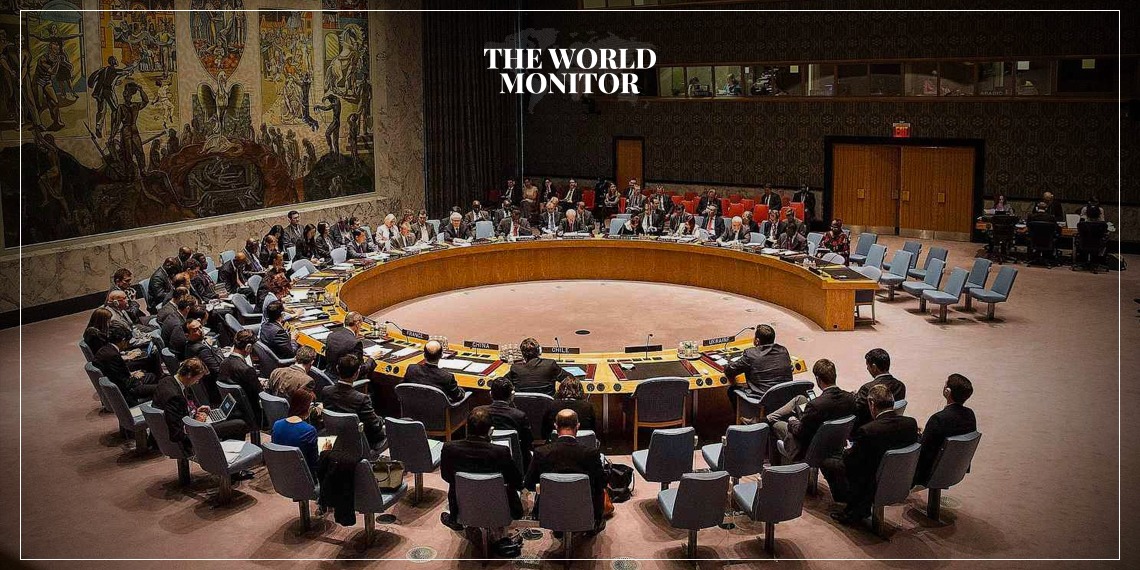The United Nations Security Council is set to hold a session on Libya on February 15th to discuss the political situation in the country and the role of the UN mission, as confirmed by the official United Nations website.
In a session held in December on Libya, the UN envoy Abdoulaye Bathily provided a briefing in which he revealed the political parties’ stance on his initiative aimed at convening a quintet meeting among the leaders of these parties.
Bathily explained that the leaders “did not outright reject the invitation to the quintet meeting, but some of them set conditions for participation.”
The five parties are: the Speaker of the House of Representatives Aqeela Saleh, the Head of the High Council of State Mohamed Takala, the Commander of the Libyan National Army Khalifa Haftar, the Head of the Libyan outgoing Government of National Unity Abdel-Hamid Dbaiba, and the Head of the Presidential Council Mohamed Al-Mnifi.
Bathily detailed the positions of the five leaders, stating, “The Presidential Council, led by Mohamed Al-Mnifi, showed clear and tangible support, committing in good faith to the success of the dialogue.” Meanwhile, Aqeela Saleh conditioned his attendance on the agenda focusing on forming a new government and refused Dbaiba’s participation.
Takala submitted three names to attend the meeting despite rejecting the draft electoral laws published by the House of Representatives. Dbaiba “provided names representing the Government of National Unity,” expressing “willingness to discuss the outstanding issues in the electoral laws but categorically refused any discussions about changing the government.”
While Haftar agreed to participate in the dialogue, he conditioned his participation on the inclusion of both Dbaiba’s government and the government appointed by the House of Representatives.






